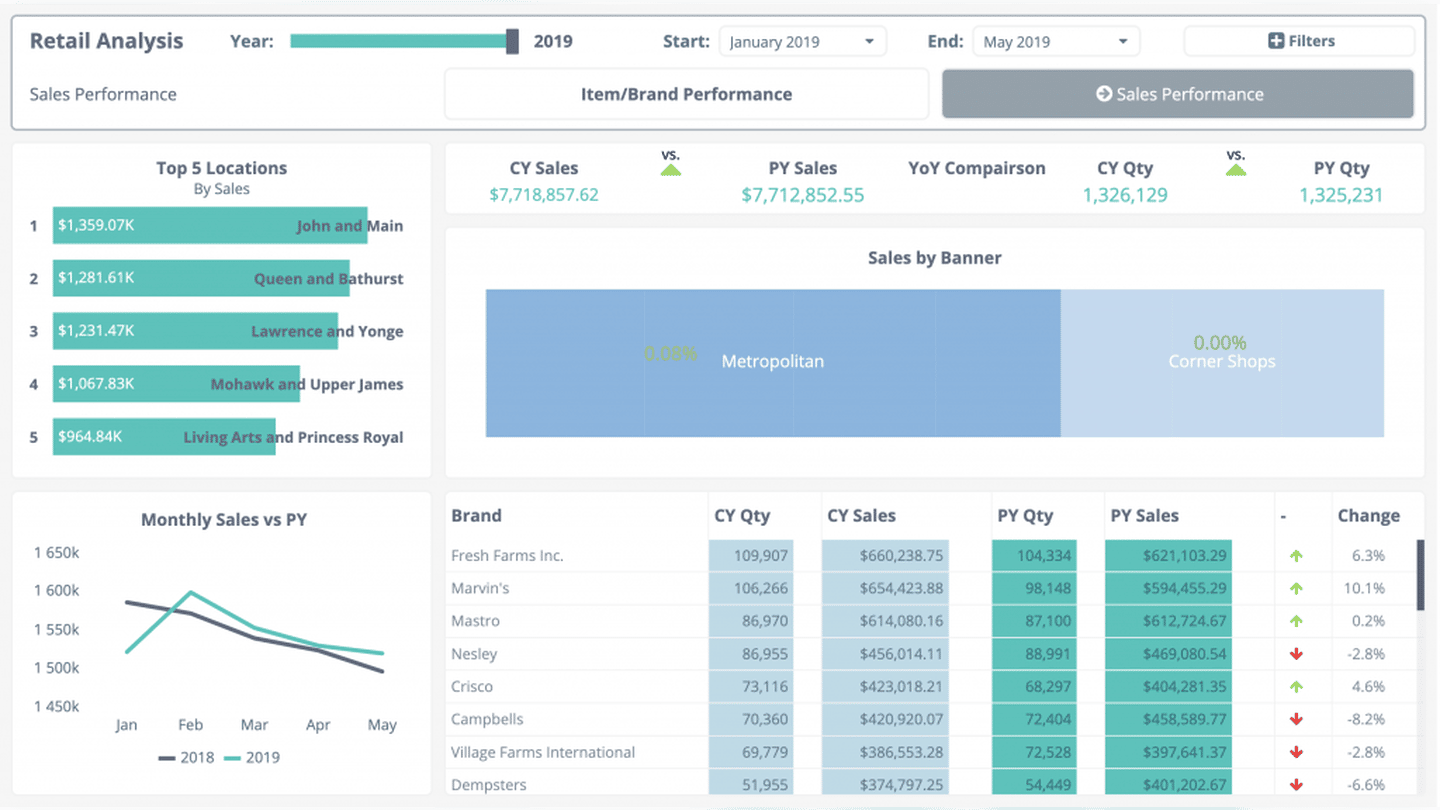A good business ethic is good for your performance and your overall business strategy. In this article, we will detail why and how to implement a value system for you and your sales team. What is business ethics? Why is this important? How to build a business organization in line with its ethics?
Sommaire
#1 What is Business Ethics: Definition
Business ethics is a code of conduct or standard that you and your sales team commit to upholding in all your sales operations.
This helps your team members have difficult conversations and make good decisions without having to seek advice from superiors. In working on this topic, we asked our peers if they had a clear definition of business ethics and realized that, for many people, it is not a very familiar concept. It’s easy to focus on your sales results, such as meeting goals and quotas. But, how you get there is just as important. But why is business ethics important to your company?
#2 Why are business ethics important?
This is a true story. A salesperson sells at full price from the 1st to the 15th day of the month, then at half price the rest of the month. His behavior goes under the company’s radar and management is happy because he always meets his goals. Imagine the surprise (and not a very pleasant one) when two of the company’s customers ended up chatting over lunch, only to learn that one of them was paying double what the other was paying for exactly the same thing.
Stories like this are enough to show what is at stake when it comes to sales ethics. Research clearly shows that companies that demonstrate high levels of ethics, report higher customer satisfaction, increased retention levels and have more positive feedback. I hope you are now convinced of the importance of business ethics. Unfortunately, agreeing on the importance of this topic does not mean that your teams will follow your ethics on their own. It at least helps to understand what it takes to build an ethical sales culture within companies. The first step is to build a clear value system that your salespeople really adhere to.
#3 How to develop your value system?
Start with your own values
During your first interview, you had looked at the company’s website and saw that they were looking to hire someone with 3 very specific values – It most likely looked something like:
- Positive
- Bumpy and customer oriented
- Humble
With this knowledge, you were able to put forward these values and successfully obtain the position. But these 3 values will probably stay with you and become real pillars of your moral sales code. Bringing real added value, putting people first and understanding their problems, this is what should motivate you to enter the world of sales. Developing your personal idea of sales ethics will be fundamental to your career, no matter what company you work for or what you sell. That said, salespeople around the world will tell you that it’s easier to maintain your ethics when you believe in the product you’re selling.
Focus on creating value for your prospects
Isn’t it nicer to focus on human relations? Perhaps as a salesperson, you don’t like to be pushy. You probably want to feel that your business is about integrity. This is especially evident in the emails you send – even if they are prospecting emails. It’s always better to research the person you’re sending the email to. It is important to personalize the message as much as possible. This is part of the best practices for your prospecting emails.
There is nothing inherently wrong with prospecting: it is a process that people use to contact other people and start conversations with them. However, you need to make sure that you are sending messages that at least have the potential to create value for the person on the other end.
Bad returns can really make you lose confidence in the process you are using to sell. But while this is always disappointing, it should encourage you to think about how you want to grow as a sales professional. You will probably have to fail several times before you find a business process that is motivating for your teams & effective.
Believe in what you are selling
It’s hard to sell highly technical solutions to professional buyers if you don’t believe in the product you are working with. And when you believe in it, it’s much easier to learn the product inside and out and communicate the value it creates to the potential buyers you talk to.
Get trained
This may sound strange, but it’s probably the most important element of the 3 for building your personal sales ethic. You can learn on the fly, get help from mentors or more experienced sales people. But, taking classes and training constantly will help you improve your understanding of who you want to be as a sales professional; and thus develop your personal brand.
If you have a training budget in your company, use it! And if you don’t have one, ask to get one or just ask to be trained. And if you’re in a position where leading a sales team is your responsibility, providing a training budget is one of the things you can do to invest in developing the ethics of your team.
#4 Build an ethical business organization
Document your processes in a Sales Action Plan
The classic situation looks like this:
- 1. A company hires a first group of sales people.
- After a few months, things fall into place, and the most successful salespeople guide the sales process.
- Income is starting to come in. Then the company moves on, hires 10 more salespeople, and tells them “Do what this guy did. Good luck!”
But often, this lack of structure leads to unethical behavior, even contrary to the company’s values. This is why we recommend that sales managers develop their sales action plan as early as possible. Take stock of the initial processes (especially if they are working well) and repeat them to optimize them.
Define a methodology, and stick to it
The sooner you choose a methodology, the sooner you can integrate it into your organizational culture. There are several methodologies and each sales professional has his or her preference. This is not a discussion or comparison – provided that most methodologies include elements designed to address the need for a strong sales ethic.
Whatever your methodology, be sure to incorporate it into your training. This does not replace the need to make training, especially for new hires, an essential part of your onboarding process. This is an integral part of best practices foronboarding new salespeople.
It is difficult to find and hire people who not only have the skills and personal characteristics you are looking for, but who also know the specific methodology you are using. Making it part of your onboarding program is a good way to ensure cultural alignment for your entire team.









